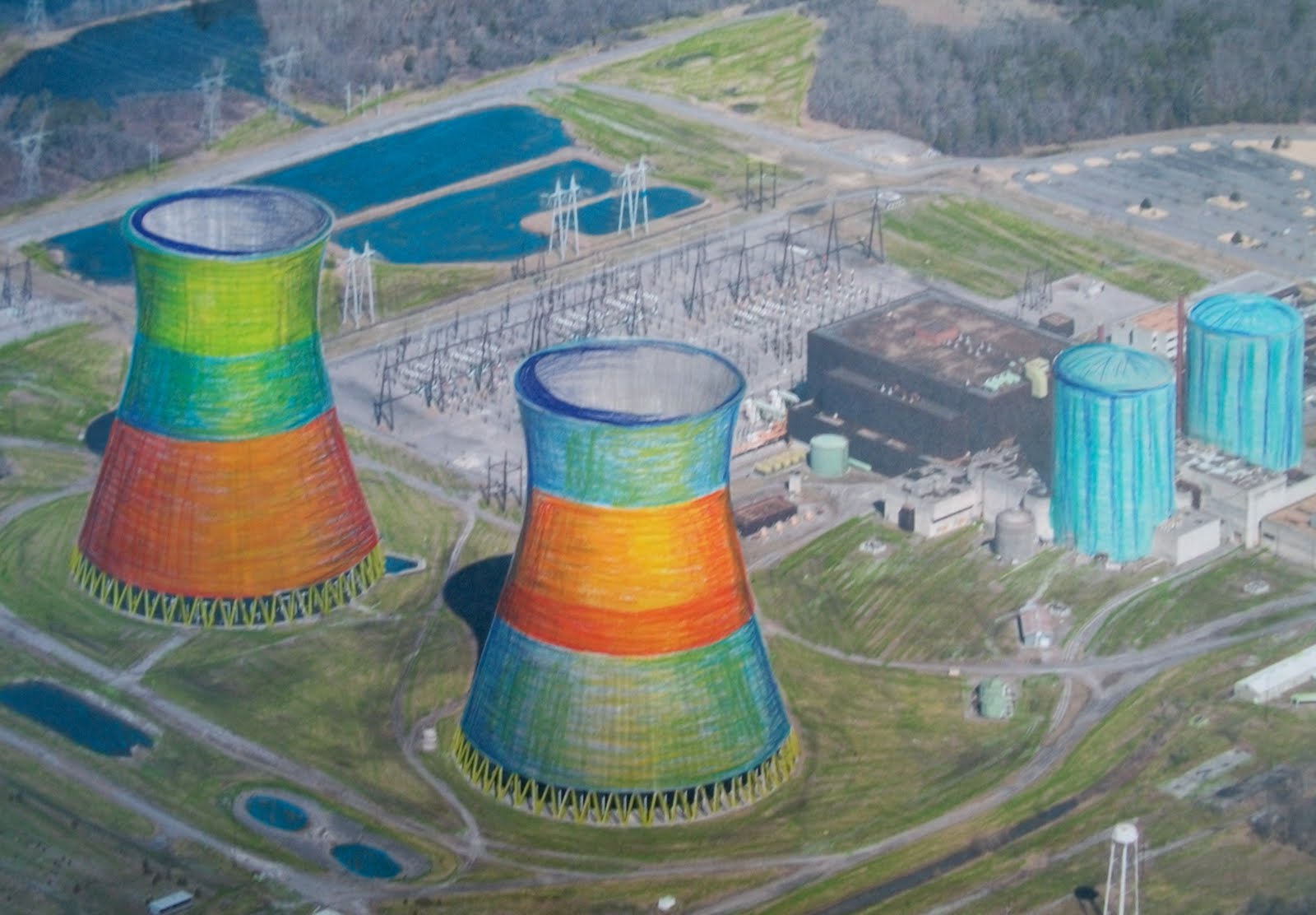ANS President-elect Eric Loewen promotes new nuclear energy
Eric Loewen, the American Nuclear Society's vice president/president-elect, appeared on the Fox News Charlotte (North Carolina) television show on January 28 to promote new nuclear energy as part of the push in the United States for clean energy technologies.

-3 2x1.jpg)
 The
The 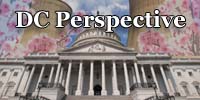 In his State of the Union speech on January 25, President Barack Obama advocated a Clean Energy Standard that includes natural gas as well as renewables, nuclear and "clean coal." In
In his State of the Union speech on January 25, President Barack Obama advocated a Clean Energy Standard that includes natural gas as well as renewables, nuclear and "clean coal." In 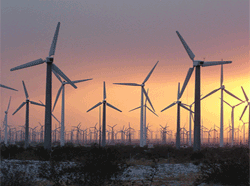 It is often stated that since no one can charge money for the wind, wind-generated electricity is free. This is not true. A modern wind turbine, which can generate 2 megawatts of electricity (MWe) when the wind is blowing, costs about
It is often stated that since no one can charge money for the wind, wind-generated electricity is free. This is not true. A modern wind turbine, which can generate 2 megawatts of electricity (MWe) when the wind is blowing, costs about 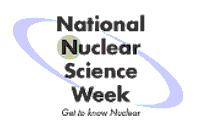
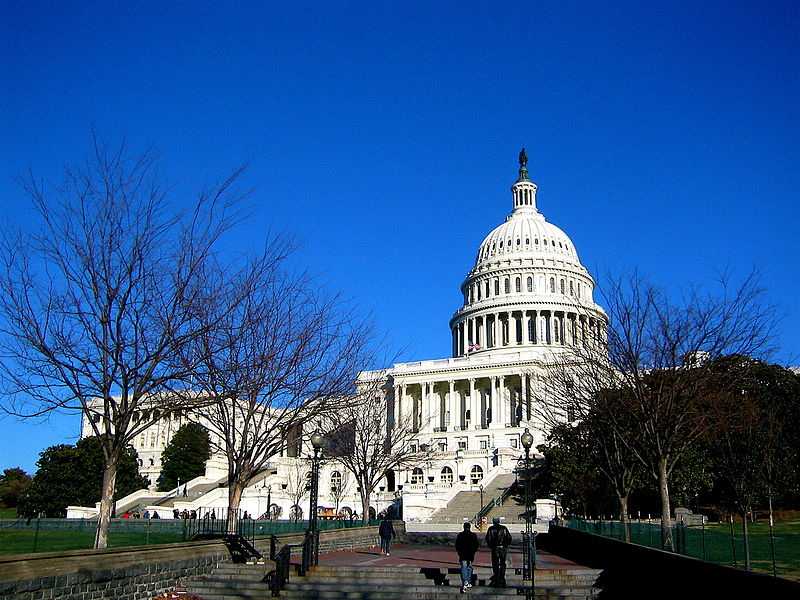 Leading figures from Congress, the commercial nuclear industry, and academia will convene on January 27 on Capitol Hill in Washington, D.C., to detail the contributions of nuclear technology and the possibilities associated with education in nuclear science. Senate Energy and Natural Resources Committee Chairman Jeff Bingaman (D., N.M.) will be the featured speaker at a discussion of the contributions, innovations, and opportunities that can be found by exploring nuclear science.
Leading figures from Congress, the commercial nuclear industry, and academia will convene on January 27 on Capitol Hill in Washington, D.C., to detail the contributions of nuclear technology and the possibilities associated with education in nuclear science. Senate Energy and Natural Resources Committee Chairman Jeff Bingaman (D., N.M.) will be the featured speaker at a discussion of the contributions, innovations, and opportunities that can be found by exploring nuclear science.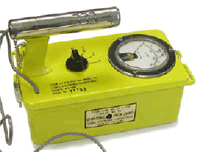 The American Nuclear Society's Public Education Program will be sponsoring a one-day teacher workshop on Sunday, February 27, at the Phoenix Convention Center in Phoenix, Ariz. The workshop-Detecting Radiation in Our Radioactive World-is intended for science educators (including biology, chemistry, earth science, physics, physical science, life science, environmental, and general science) at the high school and middle school levels. WM Symposia, Inc., is cosponsoring the workshop, which will be held prior to WM2011, the international waste management conference that is held in Phoenix.
The American Nuclear Society's Public Education Program will be sponsoring a one-day teacher workshop on Sunday, February 27, at the Phoenix Convention Center in Phoenix, Ariz. The workshop-Detecting Radiation in Our Radioactive World-is intended for science educators (including biology, chemistry, earth science, physics, physical science, life science, environmental, and general science) at the high school and middle school levels. WM Symposia, Inc., is cosponsoring the workshop, which will be held prior to WM2011, the international waste management conference that is held in Phoenix.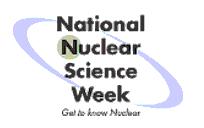 On Saturday, January 22, the Chicago ANS Local Section launched the activities for National Nuclear Science week a day early by presenting a student nuclear science workshop, hosted by the
On Saturday, January 22, the Chicago ANS Local Section launched the activities for National Nuclear Science week a day early by presenting a student nuclear science workshop, hosted by the 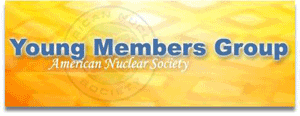 At a session on educational programs during a recent ANS meeting, a fairly new graduate student in nuclear engineering described a nuclear survey course that he had taken at his university. The graduate student had not studied nuclear engineering as an undergrad, and when he said, "I had never really heard of Chernobyl before I took this course," you could almost hear an audible gasp among the more, well, mature members of the audience.
At a session on educational programs during a recent ANS meeting, a fairly new graduate student in nuclear engineering described a nuclear survey course that he had taken at his university. The graduate student had not studied nuclear engineering as an undergrad, and when he said, "I had never really heard of Chernobyl before I took this course," you could almost hear an audible gasp among the more, well, mature members of the audience.